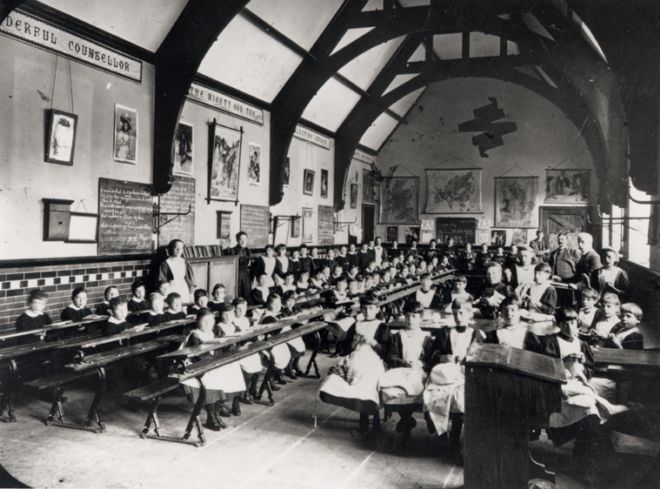Education has featured more prominently in this budget than I can ever remember, and this is a great thing. The three points that strike out to me as the most important are:
- The conversion of all English schools into academies
- The compulsory role of maths until the age of 18
- A sugar tax to tackle childhood obesity

Time to move on from the 3:30pm school bell.
In this particular post I am interested in the academisation of schools and potentially longer hours for schools. What academies are and how the conversions of schools into academies is discussed really well in the following post by Bright Young Things Tuition, a tutoring agency I did some work for in the past.
Budget 2016 – Every English School Set to Become an Academy by 2020
In their article they say that the Victorian schoolbell for 3:30pm for every school in the UK will be a thing of the past. They also discuss the percieved pros and cons of turning schools into academies. Currently in England, over 60% secondary schools are academies already (2,075 out of 3,381). And that number is over 14% for primary schools (2,440 of 16,766). In the article the academy is defined as:
Academies are state-funded, independent schools which are run by charitable trusts via a contract with the government. Rather than receiving their funding from a local authority, it’s delivered directly from central government
Academies have more independence and control on what they do without state meddling. Indeed, what seems like a really bold leap of faith is that schools are even set completely free from the national curriculum and can decided to sit iGCSEs instead of GCSEs, which has been adapted by all the private schools already.
I think this is a good thing and makes State schools a bit more like private schools in terms of the hours provided at least. There are concerns however that this could be the first step in the full privatisation of State schools. Personally I don’t believe that. I am in support for this move, and if an academy can be open for longer and run longer school hours, I think that is all the better for the students who really need it (eg GCSE and A Level students). ‘The death of childhood’ by making students stay at school is not something I agree with. Indeed in the case of many primary schools, parents may well appreciate the extra childcare the school is able to provide through after school activities.
Most secondary schools are academies already and students I have tutored from academies generally seem to be fairly positive about them. Of course they are getting tutored by me because they feel like they need the extra help and school may not be adequate. In terms of the tutoring industry, it is hard to tell what the impact of academies will be. In any case, I think this is a welcome move and I always work with schools anyway. I make direct contact with many school teachers and I think it is always best to work as a tutor-school-parent-student team together. The State education sector is going through a crisis with not enough teachers in schools and it is time such big reforms are put into place. We simply do not live in the Victorian world anymore.